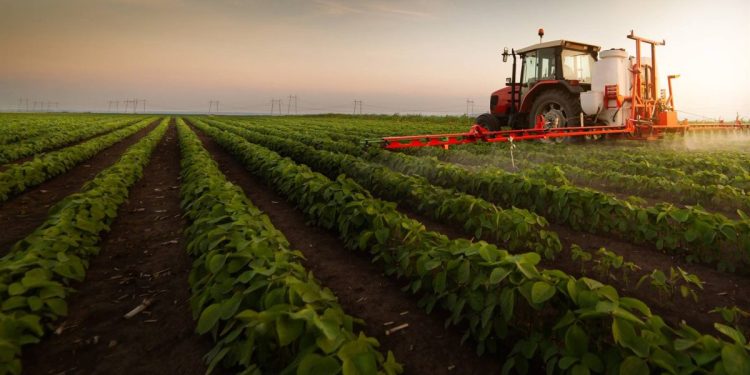#agriculture#sustainablefarmingpractices#environmentalsustainability#foodproduction#organicfarming#greenhousegasemissions#waterconservation#soilerosion#biodiversity
According to a report by the United Nations, the global population is expected to reach 9.7 billion by 2050. This growing population will require a significant increase in food production, which could lead to further environmental degradation. However, sustainable farming practices offer a viable solution to this problem. Sustainable farming practices prioritize environmental, social, and economic sustainability by reducing the use of chemicals and preserving natural resources.
One of the most significant advantages of sustainable farming practices is that they can increase crop yields while reducing production costs. A study conducted by the University of California, Davis, found that organic farming practices could yield up to 20% higher than conventional farming practices. Another study by the United Nations Food and Agriculture Organization found that sustainable agriculture could reduce production costs by up to 30%.
Sustainable farming practices also have significant environmental benefits. According to the United States Department of Agriculture, sustainable farming practices can reduce soil erosion by up to 90%, increase biodiversity, and reduce greenhouse gas emissions. Sustainable farming practices can also conserve water resources by up to 60%, which is particularly important in water-stressed areas.
In conclusion, the adoption of sustainable farming practices is essential to the future of agriculture. These practices offer significant environmental, social, and economic benefits, and they are necessary to meet the growing demand for food production. By adopting sustainable farming practices, farmers, agronomists, agricultural engineers, farm owners, and scientists who work in agriculture can contribute to a better tomorrow.






